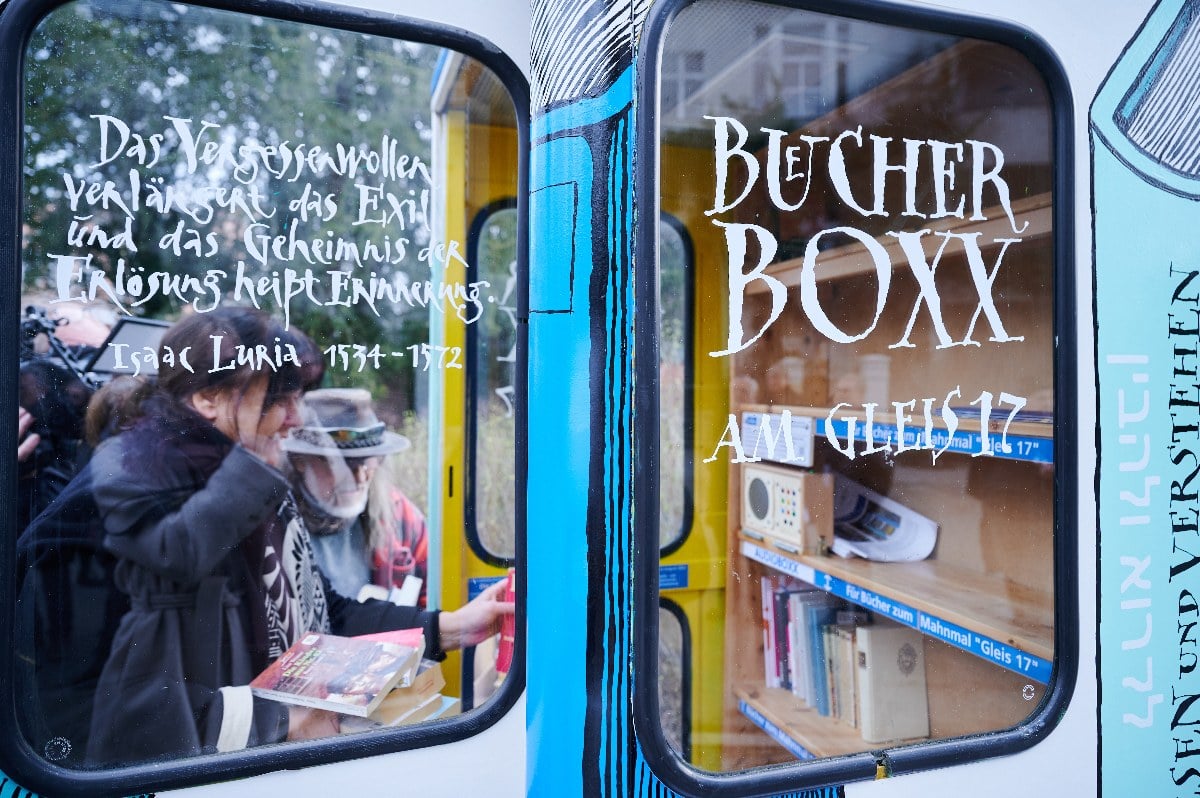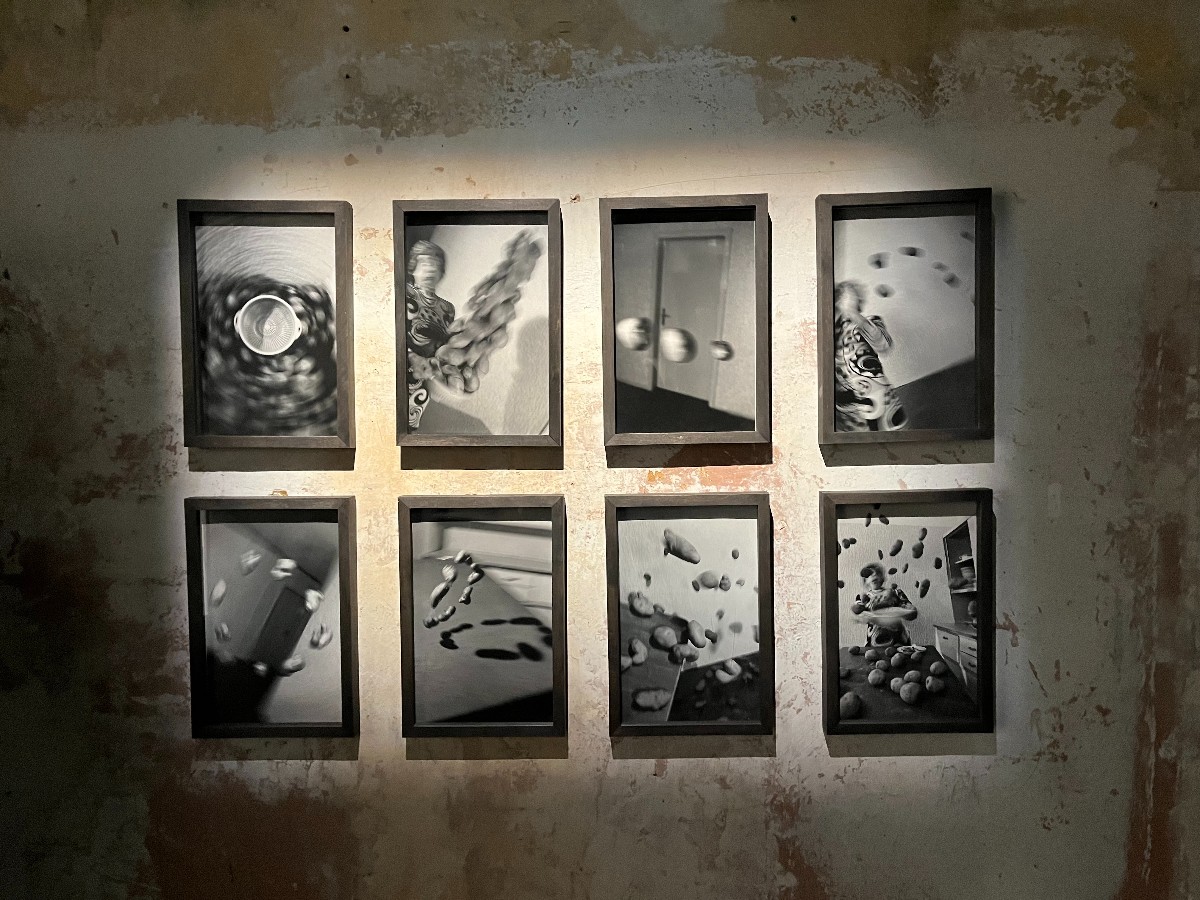Living in Germany is our weekly look at some of the news and talking points in Germany that you might not have heard about. Members can receive it directly to their inbox on Saturday.
The ‘phantom’ border that still separates Germany
Germany reunified in 1990 after decades of separation between the former East and West. But a researcher recently shone a light on the differences between the two regions that remain today. Phantom borders come about due to demographic differences that each side behind a fallen wall or barrier have experienced. As Paul Krantz wrote in his report published this week: “Germany’s former East-West border is a classic example of a phantom border. People living in former East and West Germany lived within different economic and political systems for decades.”
In a collection of maps tweeted by researcher Tomas Pueyo, the hangover from the separation becomes visual. A number of trends – ranging from which brand of car people tend to prefer, to salaries and even who’s more likely to play tennis – surface from the maps that show a divide between former eastern states like Saxony and Thuringia and western states like Bavaria and Hesse. “Many of the differences that remain between former East and West German lives come down to business and money,” wrote Paul. “A significant disparity remains between average monthly salaries, with people in the former East earning approximately €13,000 less per year than their western counterparts.” Paul also noted some more quirky differences, such as that former eastern regions are home to about twice as many Olympic medal winners as the west, while former western states have “higher rates of organ donations and significantly more tennis courts.”
Tweet of the week
Another reminder of how great German vocabulary is. Kofferbuch is one to remember (or indeed forget while on holiday!)
Of course there is a German word for it: “Kofferbuch.” A book that one takes along on a trip with the intention of reading, but never actually read. pic.twitter.com/TOYl8X55XH
— Tim Daw (@TimothyDaw) February 17, 2024
Germany in Focus podcast
In this week’s episode, we look at a ruling on illegal holiday lets that could impact Berlin’s housing market; we dig further into the differences between the former East and West Germany. We look at a right wing party – the Werte Union – and what it means, why people in Germany are going into retirement later and what the outlook on the job market is – especially for foreigners.
Check it out here or wherever you get your podcasts. Please leave a review and a rating or let us know your feedback. You can email the team directly at [email protected].
Where is this?

‘Gleis 17’ or platform 17 at Berlin’s Grunewald is a memorial site commemorating the thousands of Jews who were deported from Berlin to concentration camps on Deutsche Reichsbahn trains from this platform during the Nazi era. A new “Bücherboxx” or book box has opened at this platform after the previous one was set on fire and destroyed last year. The former telephone booth has been filled once again with books about the Nazi era and serves as a way for people to read about and remember the horrors and victims of that time.
Did you know?
German has a great word for the tradition of getting together regularly in a public place with friends or acquaintances – a Stammtisch. The word literally translates to “clans’ table,” and while its meaning has changed over time, at its core is a certain sense of belonging that can be returned to again and again. Though you might be able to find a Stammtisch table at any typical tavern, brewhouse or beer hall across Germany (and Austria), the tradition isn’t always tied to a physical location. It’s more about the group itself, rather than the table where they meet.
It’s not clear where the tradition originated. But researchers Franz Dröge and Gudrun Schwibbe told science magazine Bild der Wissenschaft that it likely began in the 17th and 18th centuries, when artists, writers and thinkers across Europe would congregate in various cafés and bars to exchange ideas and discuss their work. Later on in the 19th century, the researchers argue, it was the subversive politicians and union organisers who would gather around the table and talk over actions and political problems. These days, getting together at the Stammtisch is simply about joining in community for a good conversation, a game of cards or a drink. The regular tavern-goers of the older generation still exemplify its traditional roots better than anyone else, and many of today’s Stammtisch gatherings harken back to that era.




 Please whitelist us to continue reading.
Please whitelist us to continue reading.
Member comments